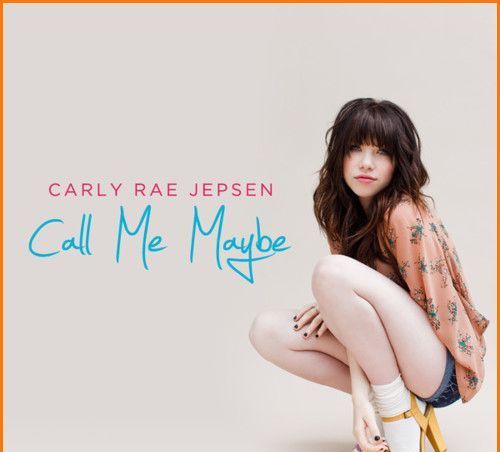Happy Foolish Day
|
"The first of April is the day we remember what we are the other 364 days of the year." How do you think April Fools' Day originated? Did some joker in biblicaltimes decide to switch the frankincense and the myrrh? Was there a historicepidemic of spring fever-tomfoolery in a tiny Finnish town in the early1800s? Did a New Yorker in 1910 find a cockroach in his coffee cup anddecide to recreate the experience for his officemate, thereby sparking afamous April 1 lawsuit? In a convincing testimonial to the saying thattruth is stranger than fiction, we'll tell you the story, or at leastpresent the most viable theory, of how April Fools' Day came to be. Once upon a time, back in 16th-century France, before computers, people celebrated New Year's Day on March 25, the advent of spring. It was afestive time. They partied steadily until April 1. In 1564, when the calendar reformed and became Gregorian, King Charles IXproclaimed, perhaps pompously, that New Year's Day should be celebrated on January 1 instead of in the spring. Diehard conservatives resisted the change (or perhaps didn't hear about it due to the absence of e-mail) and continued to celebrate New Year's from March 25 to April 1. During this period of spring festivity, the more flexible French mocked the rigidrevelers by sending them foolish gifts and invitations to non-existent parties. The victim of an April Fools' Day prank was called a "poisson d'avril," or an "April fish," because at that time of year, the sun was leaving thezodiacal sign of Pisces. April Fools' Day hit its stride (avoiding thebanana peel) in England in the 18th century, and was brought to colonial America by the English, Scottish, and French. No fooling. April Fools Day: An Unsolved History The first of April, some do say, Is set apart for All Fools' Day. But why the people call it so,Nor I, nor they themselves do know. But on this day are people sent On purpose for pure merriment. OK, who started it? Did the first Fools come from France, England, Mexico, Sweden or India? The truth, as in any good mystery, lies hidden in the shadows of time. Some say that April Fools Day began in many parts of the world at the sametime, in celebration of the spring equinox. Pranks were a big part of even the most boring equinox parties, everywhere from Sweden to India. Others argue that the modern April Fool's Day followed the adoption of are formed calendar in France circa 1564. In medieval times, the octave of New Year's began on March 25 with the eight days of festivities ending on April 1.With the reform of the calendar under Charles IX, New Year's Day was moved from April 1 to January 1. Due to the slowness of "sandal-net" communication back then and general resistance to change, the January 1date was not fully accepted for several years. Those traditionalists who clung to April 1 as New Year's Day were scoffed at as "fools" and sent fake party invitations and prank gifts. Widespread observance in England began in the 18th century. The English, Scotch and French introduced the custom to their colonies in America. One of our forefathers' favorite jokes was to send someone on a "fool's errand." For example, one might have been asked to go out and obtain a copy of "The History of Adam's Grandfather," or bring back some "sweet vinegar." In Scotland, April Fools Day is 48 hours long. The second day is called Taily Day and is dedicated to pranks involving the buttocks. Taily Day's gift to posterior posterity is the still-hilarious "Kick Me" sign. The "foolish" tradition is celebrated in Mexico, too, but on a different day and for different reasons. "El Dia de los Inocentes," which is December 28, was set aside as a day for Christians to mourn Herod's slaughter of innocent children. Over time, the tone of that "unluckiest of days" has evolved from sadness to good-natured trickery. Even the media join the fun, often running bogus news stories and radio reports.We may never learn the true origin of April Fools Day. However, the deeper question facing us today is, "What's the best gag I can pull off?" |








